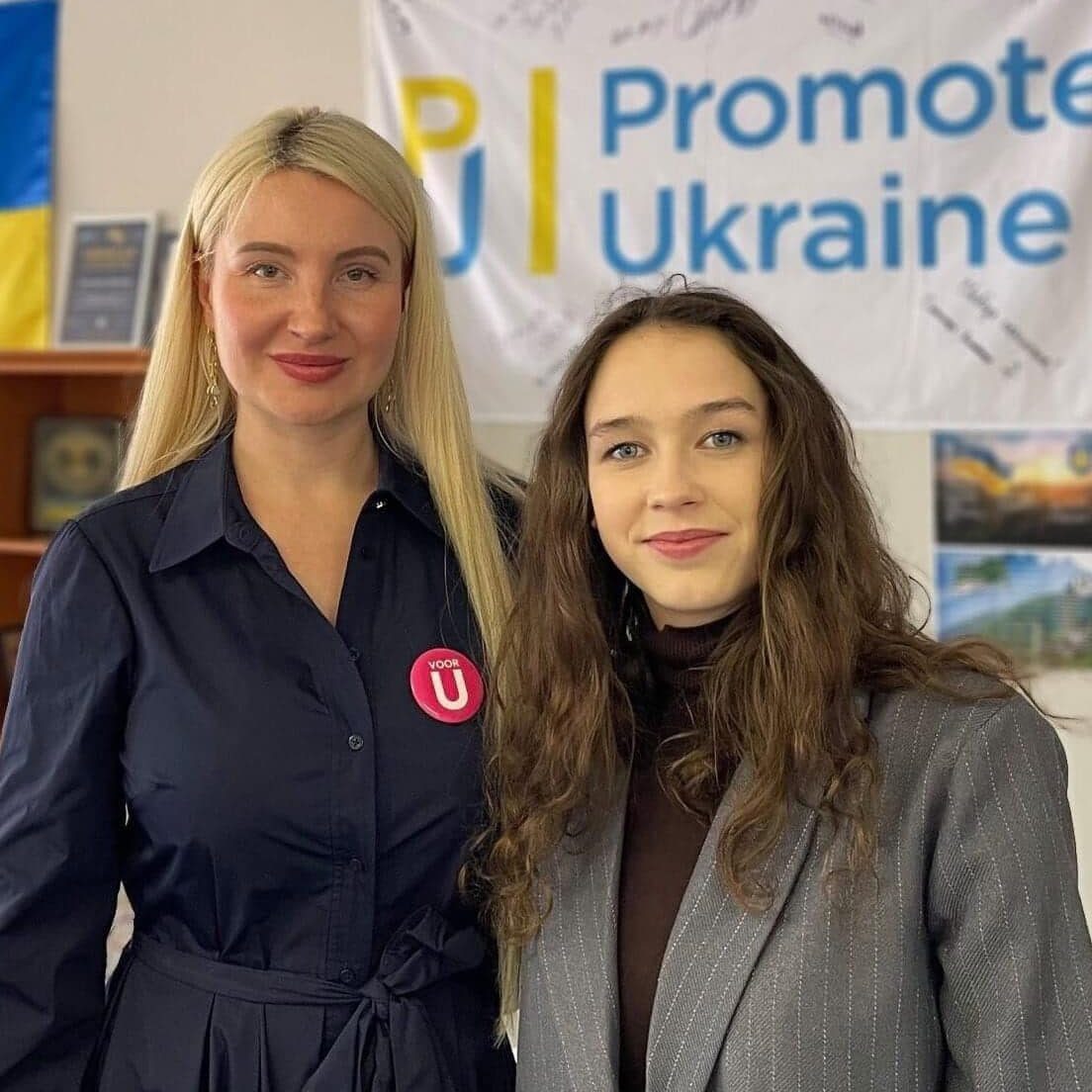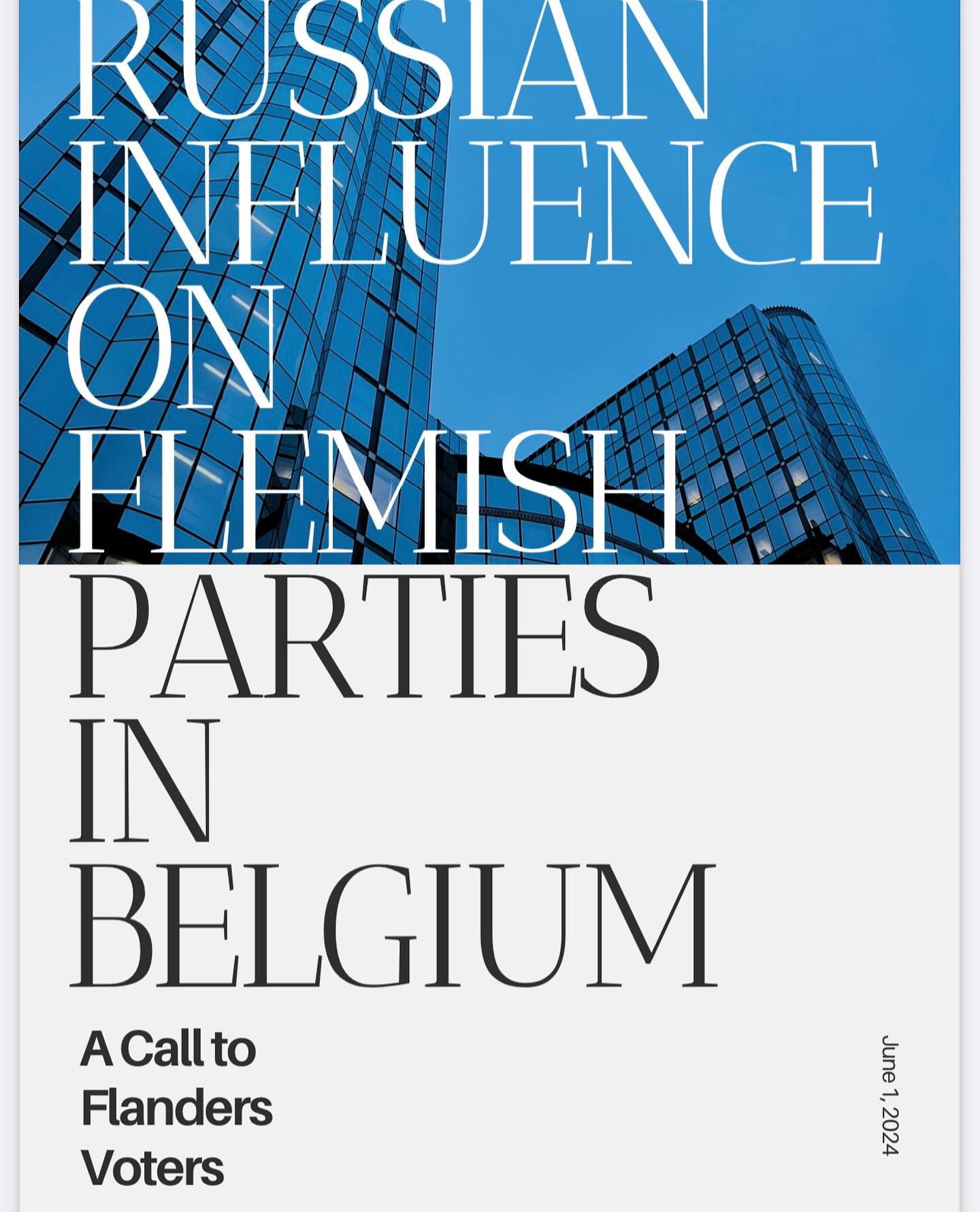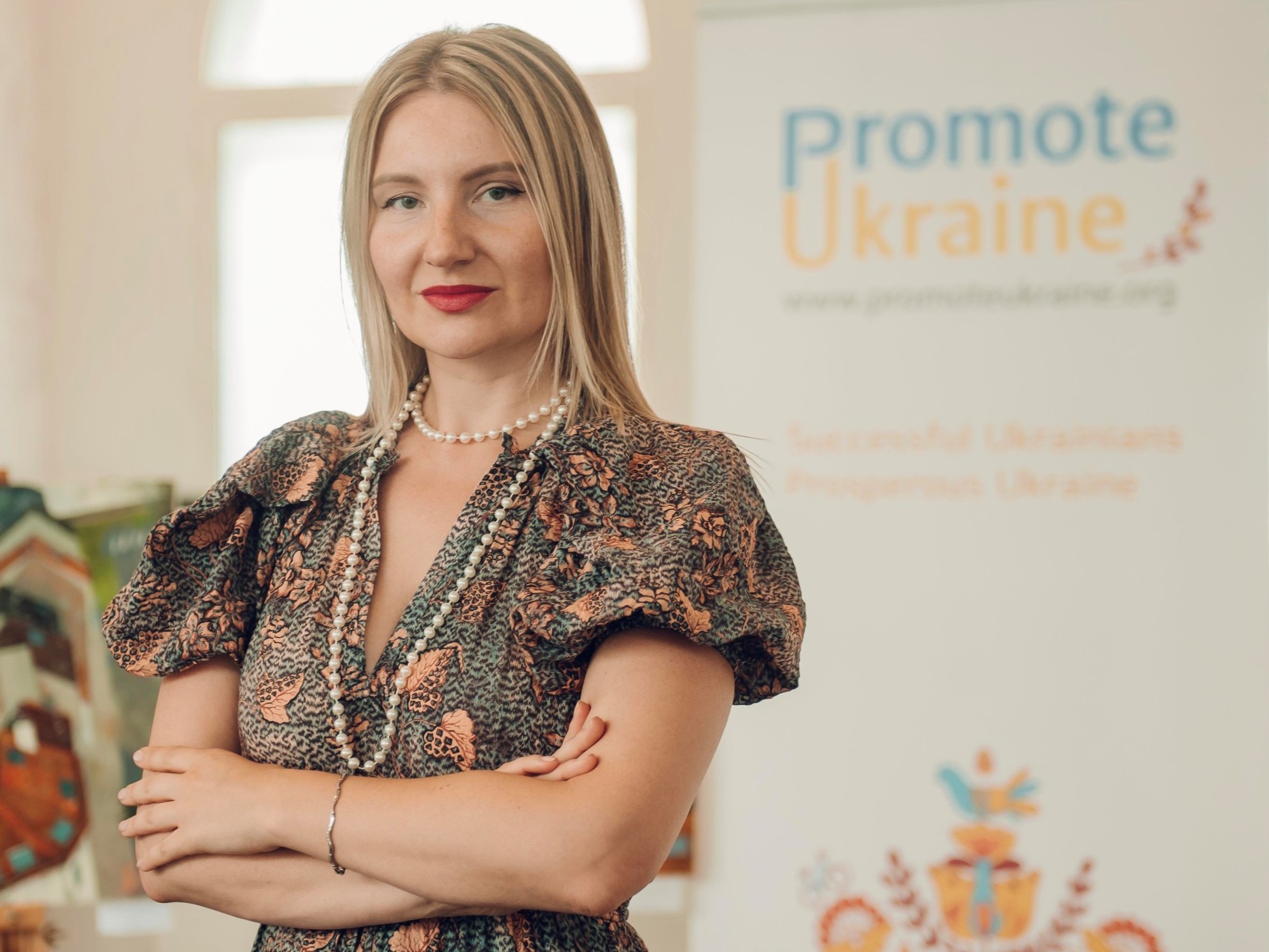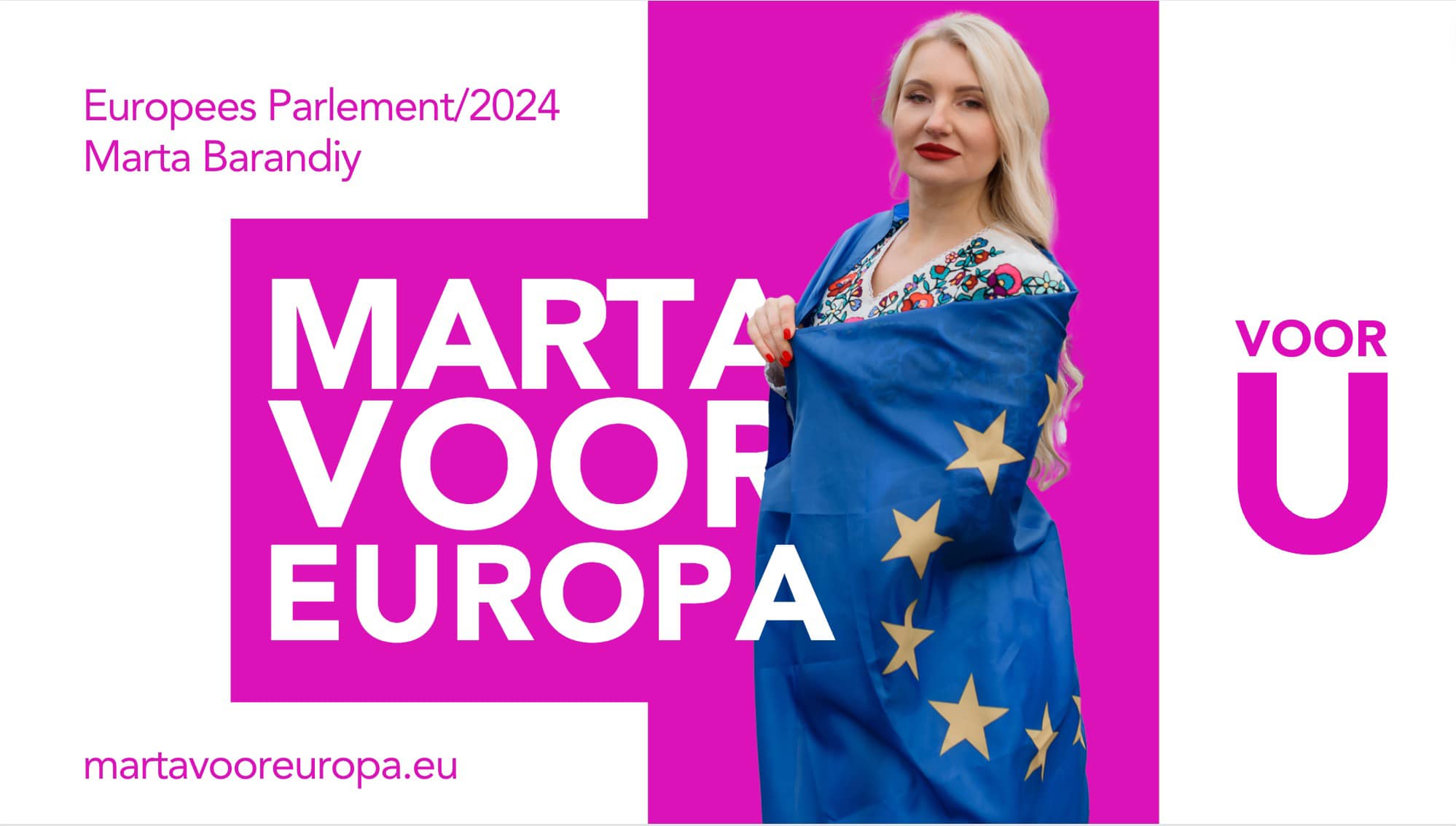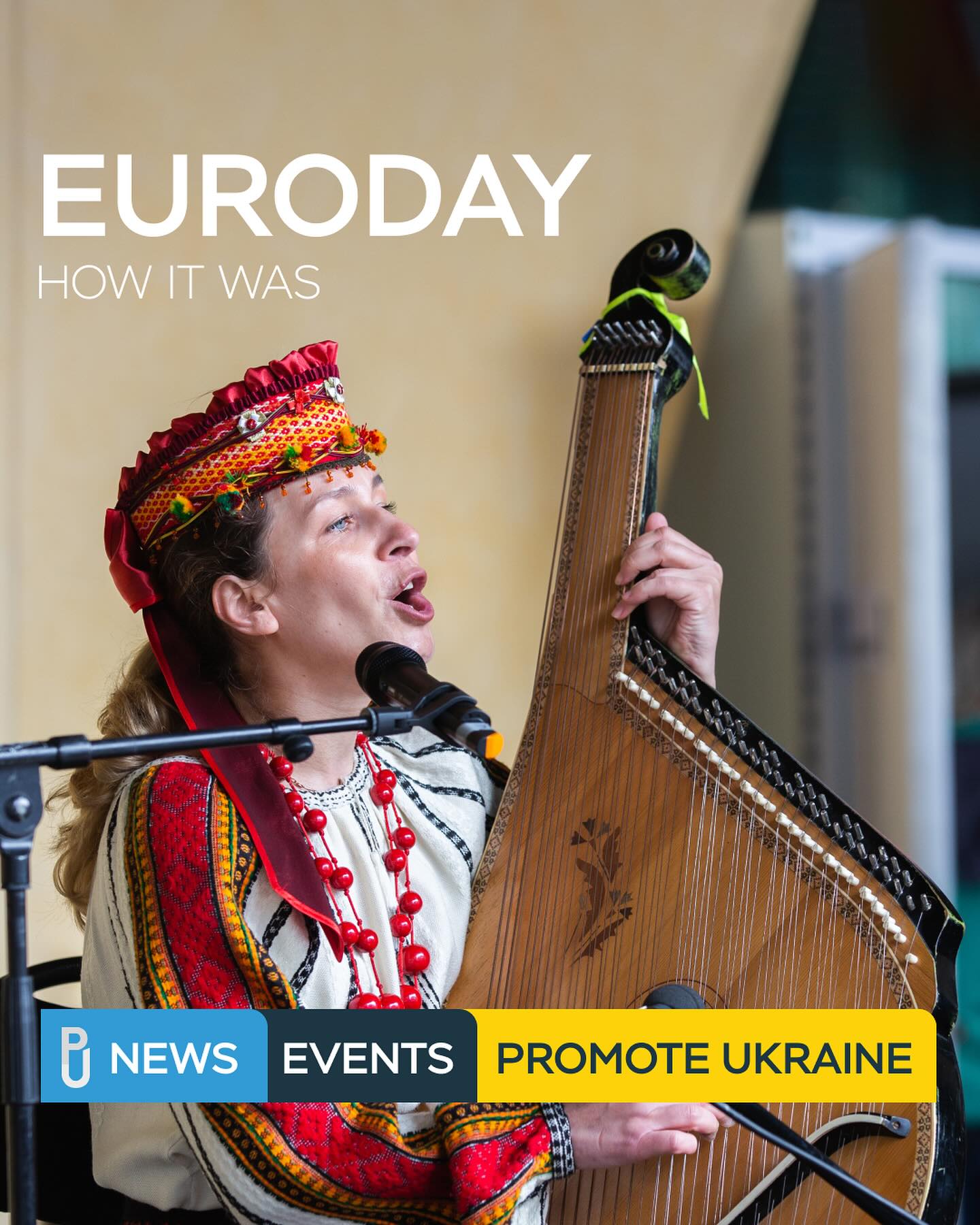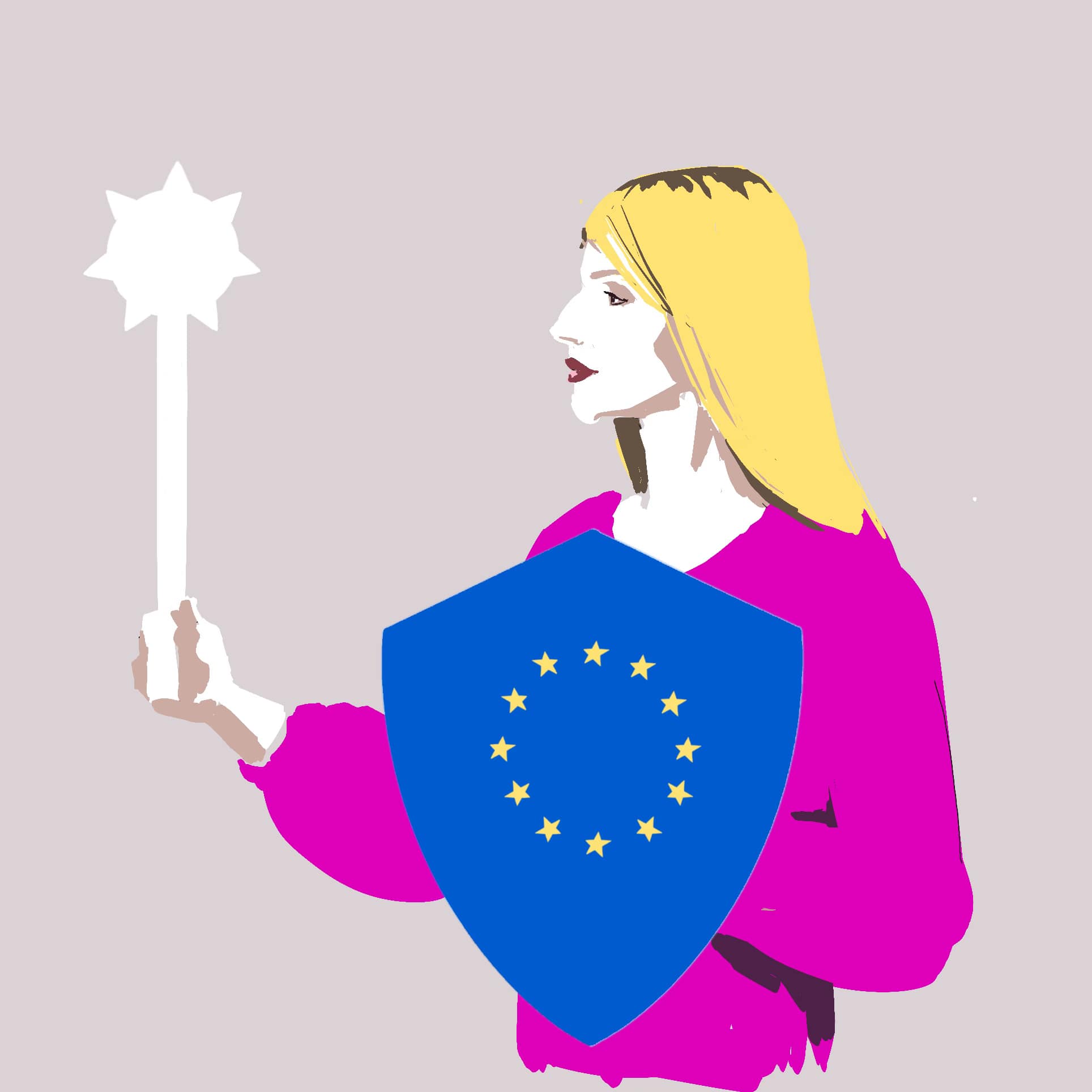Ukraine should work on its European integration and make itself so attractive that the EU cannot resist giving it membership, says senior Member of the European Parliament (MEP), European People’s Party (EPP) member and Ukraine’s great friend, German Michael Gahler. In an interview with Promote Ukraine, Mr Gahler shared his opinions about the recent Eastern Partnership summit and the current difficulties, and successes, of Ukraine.
It seems that MEPs expected a lot from the Eastern Partnership summit. Lithuanian MEP Petras Auštrevičius, founder of the EU Informal Group “Friends of European Ukraine” in the European Parliament, mentions a lot of proposals in his report. Did the summit address these proposals?
 We are not completely satisfied with the summit. I mean, the overall conditions are of course difficult: it was a videoconference, we already had a meeting of foreign ministers on 11 June, and now the summit took place. What is politically important is that we expressed our continued commitment to this region. We have an interest, a strategic interest to have this region stable and close to us. And we have a big spectrum of possibilities: the Eastern Partnership is flexible, so partners who want more get more, and those who want less get less. Insofar as we are not imposing anything on partners, but making offers to this association, such as the free trade agreement that Ukraine, Georgia and Moldova want.
We are not completely satisfied with the summit. I mean, the overall conditions are of course difficult: it was a videoconference, we already had a meeting of foreign ministers on 11 June, and now the summit took place. What is politically important is that we expressed our continued commitment to this region. We have an interest, a strategic interest to have this region stable and close to us. And we have a big spectrum of possibilities: the Eastern Partnership is flexible, so partners who want more get more, and those who want less get less. Insofar as we are not imposing anything on partners, but making offers to this association, such as the free trade agreement that Ukraine, Georgia and Moldova want.
I have to say that conditions are probably not the best currently. We are all fighting the coronavirus. What we have done, and what is something we can be proud of, is that we have helped and supported these countries in this crisis, both with material aid but also financially. We have been very helpful in this regard. I think we have got a thanks-for-that back from the region.
Experts say that the European Union indeed helped a lot, but it is still not enough for these countries. Do you agree with this?
Of course, it is never enough. We are still in the midst of the pandemic. We do not know whether it will further develop. But our economic support and macro-financial assistance – that is what is needed these days, and I think it will have a positive effect.
I can insist is that first a presumption of innocence prevails, then that investigations take place in an open way, in a transparent way, and that lawyers have equal access to all the allegations, to all the files. Nobody is above the law, but nobody is guilty because he was the president before.
Mr Gahler, you mentioned the principle of “more for more”. Do you feel that Ukraine is doing “more” in order to receive “more”?
Well, the new people in power are not new anymore. They have been there for a while – almost a year – and we have seen great ambition to continue the reform process. I think that this is uncontested. We have seen some hiccups, and we have also seen resignations. We have now seen a new government and we have definitely seen progress when it comes to the banking reform, the banking law that some call the anti-Kolomoyskiy law that was passed. This is very important.
What remains important as well is that decentralisation continues and that it also works with funding on the local level. It is good that there was a very snap attempt to install additional prefects in the regions through a constitutional amendment failed and was not followed up. It would have created conflicts of competences. We are a bit concerned currently about the continuation of the second phase of the health reform because the current minister apparently has a totally different track. Although all experts say that the first track was good, now the second stage should also apply the principle that money follows the patient. That is the best way to pay the doctors for what they have done and to avoid corrupt structures. Because if you take the money not where the patient is but decide politically who gets it – this or that hospital, according not to the needs but to preferences, that opens the gate in wrong directions. And so far, we really want to see that this reform, among others, continues. What we also are watching is, of course, the continuation of the judicial reform and the independence of NABU (the National Anti-Corruption Bureau of Ukraine –ed.). We are very sensitive in this regard, if there were attempts to influence that. I mean, there are still too many old structures that are trying to fight back. And I think not only the people but also the big majority of newly elected MPs honestly want to make this reform process a real one and a credible and irreversible one. But we are not there yet and there are still too many obstacles in many areas where many corrupt structures simply ignore the legal situation and where the administrative capacity to address that is not everywhere.
We will only proceed at the moment when Putin comes to his senses, saying “It is getting too expensive for me, and I am not achieving my goals of keeping Ukraine destabilised and under constant pressure.”
We say in Ukraine, and probably you say the same in Germany, that sometimes it is better to evaluate something from a distance. What do you think of the first year of Volodymyr Zelenskiy’s presidency?
He hit reality, of course. It is different from what it was in his TV-series. I think the President has huge ambitions to finalise the reform processes. He was, like every politician, confronted with reality and numerous obstacles, and many or most of his freshly elected MPs are completely new to politics, but those MPs who came from the old structures are experienced. They have their own agenda. I have to say I am a bit concerned about the way how he is encircled in the presidential office. I think he is very much influenced by Mr Yermak and the inner circle, and I wonder whether it is the best thing. I think he should definitely have multiple sources of information and input and not only channels that go through his very close surrounding. I think that would help to recognize the reality as it is in its entirety.
What about the former president, Petro Poroshenko? What do you think of the criminal prosecution against him?
We have always argued that the rule of law should prevail, and in the past, we have also argued that a big fish should be addressed. It must be very clear that any such undertaking is driven by due process and is not politically motivated.
So I have to say when I hear that it is about a nomination in the secret service and that is now made a legal cause, I have questions. Either it is in the competence of the president to nominate a deputy head of the Foreign Intelligence Service of Ukraine or it is not. And if it is not, and he did it, well the new one can simply replace his appointment. I mean, that is not an issue for a court case. When it comes to allegations of corruption, there is this issue of the paintings that is mentioned. I have no insight into that, I can’t judge what is right and wrong. But what I can insist is that first a presumption of innocence prevails, then that investigations take place in an open way, in a transparent way, and that his lawyers have equal access to all the allegations, to all the files. Nobody is above the law, but nobody is guilty because he was the president before. That is what I can say in this regard.
My idea is, of course, at some point to stage the next phase of the discussion, really interesting, about candidate status as a logical step.
The European Parliament offered to create a common economic space between the EU and Eastern Partnership countries. What is the state of play now?
Well, what is meant by common economic space? For instance, with Norway and Iceland, we have the European economic area, common space; we have free trade area with our three partners (Eastern Partnership – ed.) who have ambitious agendas. That’s where we stand currently. A single economic area is not a common term. Does it mean a customs union? Then we should call it a customs union. But I think we are not there.
I think there are, in the completion and establishment of this free trade area, a lot of reforms that still have to be done. I am personally very much in favour of doing more and having further integrative steps. But we should definitely see what is already on the agenda that we are working on [and] what is to be implemented. And not to do further steps before the previous ones have been done. Otherwise, at some point, we can get in an imbalance. Because the entire agenda is the logical one, it is a step by step approach, and when all these things that are on the agenda are done, then we can follow up. But we should not replace a lack of progress now [with] higher ambitions for the future. And that is why I am a bit sceptical about any new words that are not based or filled with substance. I want to fill everything with real substance. What I mean if we have association agreements that include deep and comprehensive free trade area, then we should do this framework as much as we can, and when it is done, we have 70 percent of the acquis communautaire already. My idea is, of course, at some point to stage the next phase of the discussion, really interesting, about candidate status as a logical step.
Is it possible now?
It is currently not possible, but it might be possible because Ukraine is a European country. We have article 49 of the Treaties (on European Union, this article provides the legal basis for any European state to join the EU – ed.).
I do not want to raise wrong impressions, but my point is what I am telling Ukrainians: you are the bride who wants to be taken (laughs). You have EU membership and NATO membership in your Constitution. Fine, work on it, and make yourself so attractive as a bride that at some point we cannot resist you.
I am telling Ukrainians: you are the bride who wants to be taken. You have EU membership and NATO membership in your Constitution. Fine, work on it, and make yourself so attractive as a bride that at some point we cannot resist you.
At least the bride wants to be married.
Yes, the bride wants to be married, and the groom is still a bit hesitant because he does not know what he gets with the bride. So, we have this ambitious agenda, and my point definitely is for a country like Ukraine we should not exclude, of course, a long-term option of membership because it is in our interest.
At the end, it must be in our interests and will be in our interests. But the interest grows the more attractive you are, the more rule of law you have, the more economically strong you become, the more in science and all these things you are really getting up-to-date. I am aware you have excellency in the area of new technologies, in what is now being developed. You are also great in some military technologies, in airplanes – Antonov is an excellent plane. You have so many things that are available, and can be further developed, and it all comes together with the other aspect I referred to. Then you will be at some point so attractive that we will say: we would be foolish not to have you as a member.
Foolish not to marry you…?
 Yes, this is the point. With your size and with your abilities, with the soil, with the rich soil that you have got. For instance, I am favourable about the land reform. I mean it is a complex issue, there are many aspects to be considered, and it should not only serve to further enrich those who have already made a lot of money with that.
Yes, this is the point. With your size and with your abilities, with the soil, with the rich soil that you have got. For instance, I am favourable about the land reform. I mean it is a complex issue, there are many aspects to be considered, and it should not only serve to further enrich those who have already made a lot of money with that.
But you should also make it possible for friendly foreigners to buy land because the more Western foreigners buy land in Ukraine, the more they push their own governments to make it safe. To say, “Hey, look, we have bought land, we are active economically in Ukraine, make sure it is safe for the future – not because of the Ukrainians, but because of the Russians, of course.” So, make them part of our integrative process in real terms. You can foresee a ceiling, a limit that nobody from outside gets too much as an owner, long term land lease is another option. But certain limitations of the purchase of public soil should also apply to Ukrainians – so that some oligarchs do not get too even more of the land. One can oblige those who buy it to use it economically for a designed purpose, be it agriculture or developments for housing or industrial development and not to keep it for speculation purposes only. You must consider the small landlords, who are currently fearing that this little lease that they are getting by lending it to the big ones might be at risk. But I think when it is a real possibility to buy land and to have a bigger setup, small farmers also can make their business, deliver to the local markets or form a private cooperative and also profit from access to our market. So, there is a lot of potential for bigger and smaller owners in every reform if it is done correctly.
But to become at the very least a candidate, Ukraine has to do a lot of other homework?
Yes. A lot.
Mr Auštrevičius said in his report that the European Union should react faster to the deterioration of the rule of law and democratic accountability. Do you have plans to install such a mechanism?
We are present with hundreds of experts in the country. We are in constant contact with Ukraine at the European Commission, at the External Action Service who are working on Ukraine, they are really intensively working. The country that gets the most EU funding to non-member states is Ukraine. As parliamentarians, we are also in constant contact, and there is a lot of openness. From my experience over the years, yes, sometimes the country is on the wrong track with certain draft legislation. But they listen, and they follow good advice. And our good advice is not selfish, it definitely supports the country on a good track.
You should make it possible for friendly foreigners to buy land because the more Western foreigners buy land in Ukraine, the more they push their own governments to make it safe.
You said that the Ukrainians listen, correct?
 Yes. I mean, consider the fact that the system of prefects was not installed. That was also due to some good advice. There is an anti-corruption court that finally, with all the delays, got to where it is. It is also due to our good advice and pressure. I mean the IMF (International Monetary Fund – ed.) is also a strong body that is helpful in this regard.
Yes. I mean, consider the fact that the system of prefects was not installed. That was also due to some good advice. There is an anti-corruption court that finally, with all the delays, got to where it is. It is also due to our good advice and pressure. I mean the IMF (International Monetary Fund – ed.) is also a strong body that is helpful in this regard.
And now my new colleagues at the Verkhovna Rada are really eager to listen to what we are telling them on different aspects of the reform process – where it goes in the right direction, where it goes in the wrong one. Because we should tell them if they are not being told by their own structures, then it is us because we also know how things should go in the right way. If they say “No, it is a bit too patronising,” then I would say “Ok, don’t do it.” But they do not say it yet. I think they see what we tell them is helpful. And it is not selfish for our interests. It is against the interests of some oligarchs, of course, who have their own agenda. But I think Ukraine must emancipate against those oligarchs, and we have seen some setbacks with the retreat of Honcharuk and many of his ministers. They have been good guys, and also Ryaboshapka’s dismissal was a mistake, I would say, frankly. Because he was really doing a good job in the reforms and putting the right people in the right places. So, there are also some setbacks, but there is openness and willingness to listen and to respond.
What do you think about the fight against corruption and deoligarchisation in Ukraine?
There are still those who have not yet understood that it should go another way. I mean this attempt from Kolomoyskyj to regain his bank. It is so good that the law passed and the Supreme Court upheld it. It is a good signal. It encourages those in the structures, in the administration, who want to work for a better Ukraine. They feel encouraged. They do not think, “Ok, what can I do if old corrupt structures come back,” and so liaise with the old corrupt structures. No, that is not a way forward. And, so far, we keep pushing, we keep the dialogue, and we hope we can soon travel again.
My new colleagues at the Verkhovna Rada are really eager to listen to what we are telling them on different aspects of the reform process – where it goes in the right direction, where it goes in the wrong one
Let’s speak about the Donbas. Is it possible to extend international peacekeeping forces along the Ukrainian-Russian border?
It takes two to tango. Ukraine is not the problem. Ukraine even previously suggested having a UN (or whatever) police presence with a strong mandate, or a real OSCE mandate with a huge, with a real strong, robust mandate that could control the entire territory and who are not chased away by Russian thugs and their cronies.
But we know why this peacekeeping decision is blocked.
Yes. We will onlyproceed at the moment when Putin comes to his senses, saying “It is getting too expensive for me, and I am not achieving my goals of keeping Ukraine destabilised and under constant pressure.” Unless he comes to this insight, we will not see a solution there. (…) I mean, you cannot have elections unless, first of all, it is clear what the voters’ role is. Can the people – a million and a half that have left the area without government control – can they vote? When there is no access for Ukrainian media and parties to the region, when there is no protection of them by, for instance, a strong OSCE police force, then you cannot have any election there that deserves the name ‘election’. When local people are afraid that those pro-Russian structures who are already there can threaten them if they vote for Ukraine or Ukrainian parties, they will be intimidated, then there is no such chance. Unless there is full control of the Ukrainian-Russian border, I would say at least of a strong international police force – for example the OSCE. If they are in charge, and if they are there with thousands of people along the Russian-Ukrainian border and can control it that would make the difference. But Putin does not want such kind of peacekeeping, it is simply an illusion. And the proposal to have peacekeepers only along the line of control area is not serving the purpose.
Putin does not want peacekeeping, it is simply an illusion. And all these ideas to have peacekeepers only along the control area or something – that is fake, that shows he still does not understand that he will not succeed to destabilise Ukraine.
I am also confident that this COVID pandemic will add to Russia’s problems as well. It adds to all of our hardships, also Ukraine’s. But for Russia that is overcharged with engagements, it will be even worse. And we will have to see how this develops in Russia itself, and whether, at some point, Putin comes to the conclusion that “Well, I have to limit my engagements.” And, hopefully, one of the limitations will be at least the Donbas, and then Crimea is still another issue. But, by no means are we there yet, I don’t see any signals yet. It has to come from there, and in the meanwhile, we have to strengthen Ukraine, and we are also focusing a bit more on Eastern Ukraine in our support already quite a while. I think that Eastern Ukraine – Kramatorsk, Mariupol, all these areas, should become like a dressed-up window, so that the people who live there think “Well, it is better to be with Ukraine than to be on the other side,” and that the people on the other side who are coming and visiting will think, “Wow, it is getting better here!” That is the best magnet to remain attractive. And when the Russians issue their passports, I have tweeted: Russian passports get you visa-free to Siberia, Ukrainian passports get you visa-free to 26 Schengen countries and other European countries. That is the reality. And when this aspect and daily life – I mean having a passport is not a daily life, you cannot go on holiday every day – but if a daily life of the people, if the services, if the public authorities deliver on the local level, if it gets really better, the people feel that it is getting better, that is the best way to stabilise Eastern Ukraine and make it very much resilient and resistant to any Russian further aggression.
There are still those who have not yet understood that it should go another way. I mean this attempt from Kolomoyskyj to regain his bank. It is so good that the law passed and the Supreme Court upheld it. It is a good signal.
You know that there is another war as well in Ukraine and Europe – an information war from Russia. Do you have any recipe on how to counter these information attacks?
I think we are countering them. It is not only StratCom that we have, but I think we are raising awareness in general about fake news. It is something where people must have a kind of natural resilience. When something strange happens or is alleged to have happened, they must first think, “Wow, it is bad, but come on, is it true?”
With COVID-19 it was a bit complicated. People did not know what to do.
Yes. From our side, there was no fake news about that, but, for instance, even from the Russian side – from Sputnik or some of these publications – they spread wrong news not with a specific objective, other than simply making people insecure, to irritate people. That is enough for them already. They do not want to tell another story, about how the great Russia is fighting COVID, but simply to add to insecurity, to irritation.
Sputnik says that masks do not help or washing hands does not help. That is, of course, bullshit on substance, but we must come to the point when people say, “Well, it is not even worth watching, it is not even alternative truth, it is simply a lie.” This is where we must get. There are still too many people who want to believe what comes from Moscow; they are still having all their supporters here, especially the right-wing. The communists are getting envious, they envy the right-wingers, because the Russians are going directly to them, and they are ignoring the communists. So, some of the communists are now very frustrated about Moscow, which is not so obvious but the frustration starts. And of course, Moscow is everything but communist, it is really nationalistic, and autocratic, and Stalinist.
Natalia Richardson






 UA
UA FR
FR DE
DE
